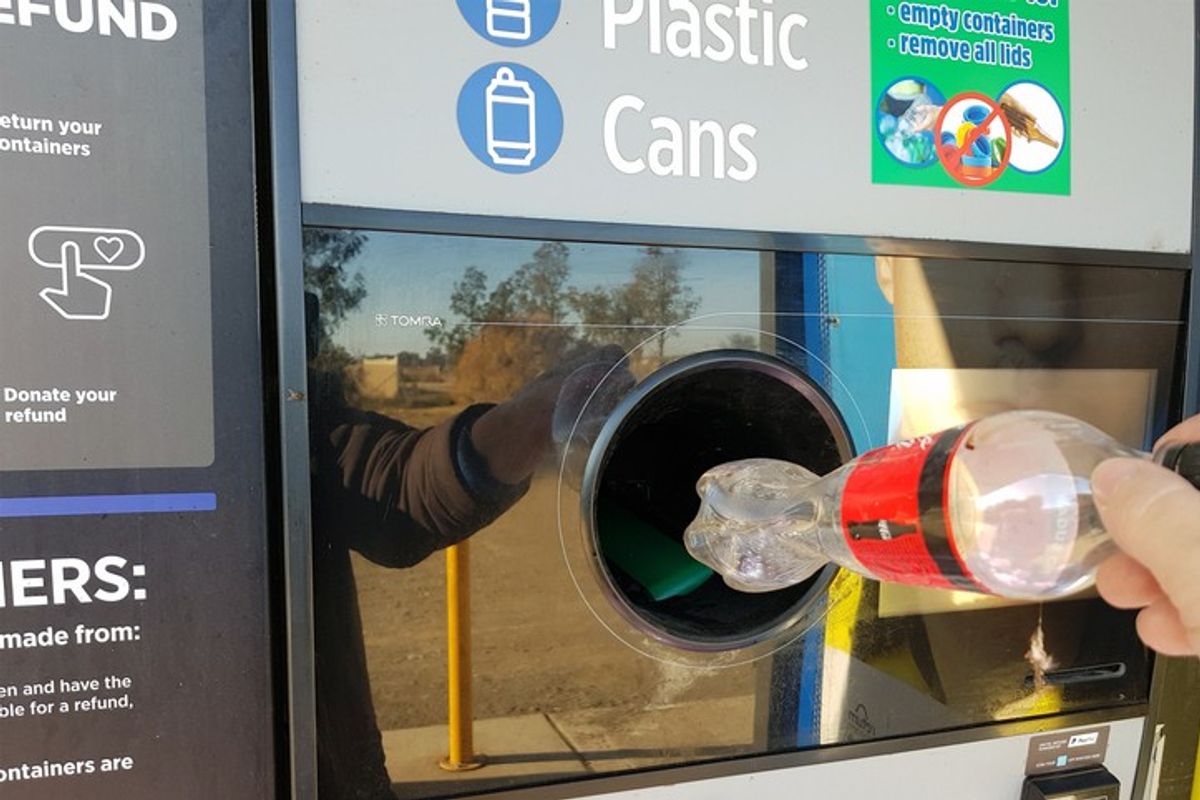No big drink maker feels that store size is a reason to exempt a retailer for Deposit Return Scheme (DRS), states a recent report after analysing submissions made to the Department for Environment Food & Rural Affairs (Defra) consultation last year.
As per a report by betterRetailing based on 13 proposals submitted by leading drink manufacturers including Suntory Beverage & Food GB&I (SBF GB&I), Nestlé, Danone, Heineken, Coca-Cola Europacific Partners (CCEP), Britvic, PespiCo, Diageo and AB InBev, store size is not a matter of concern to house a reverse vending machine (RVM), or take bottles manually behind the counter.
Scotland, which is spearheading the scheme and preparing for a 16 August 2023 rollout, faced criticism last year for excluding store size as a valid reason.
A DRS is expected to be implemented in England, Wales and Northern Ireland by late 2024 – six years after the government announced it.
Breach of safety and close proximity to another return point were cited by the drink makers as the main reasons for exemption, stated the report, adding that the crushing of glass by reverse vending machines remained the most controversial issue.
The report comes a week after it emerged that juice and milk cartons may also be included in the DRS.
Answering a parliamentary question from Tory MP Steve Baker, who has Tetra Pak’s UK base in his Wycombe constituency, environment minister Jo Churchill hinted that cartons could be included in the DRS.
Under the policy a small charge is set to be added to the price of drinks, with the money refunded when the bottle or can it is sold in is recycled.
Across the UK an estimated 14 billion plastic drinks bottles, 9 billion drinks cans and 5 billion glass bottles are used a year. Ministers say they want the scheme to be in place from "late 2024 at the earliest", delayed from an original plan for 2023.
The government previously said that including cartons in the scheme would have "environmental benefits", but proposed that they should not be included because of a lack of recycling infrastructure and demand for recycled carton packaging material.


